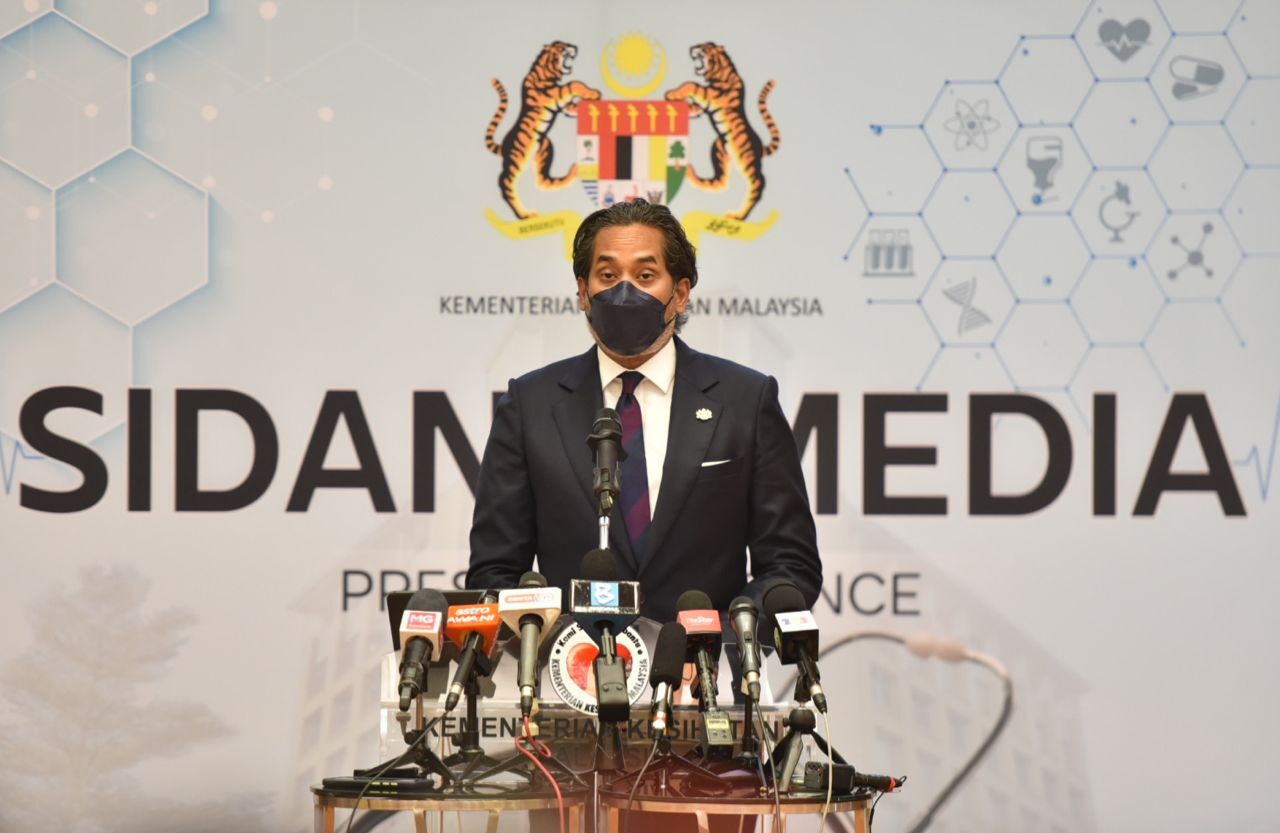KUALA LUMPUR, Dec 8 — The government paid for a certain percentage of its Covid-19 vaccine orders in advance as part of terms set out by vaccine makers, the Public Accounts Committee (PAC) revealed.
The exact amount paid in advance was not revealed due to non-disclosure agreements (NDA), though the parliamentary committee was informed that it involved a portion of the contract value. The quantum was set out by the vaccine producers for reasons that included expanding manufacturing capacity.
Ministry of Health (MOH) secretary-general Mohd Shafiq Abdullah told the PAC in a meeting on August 2 that advance payments were made to secure Malaysia’s Covid-19 vaccine orders.
“There have been no issues in terms of payment. But our only condition is that the vaccine has to be approved by the National Pharmaceutical Regulatory Agency (NPRA) before the payment is made,” Mohd Shafiq said, based on meeting transcripts published in PAC’s Covid-19 Vaccine Procurement report.
In a separate meeting on January 5, then-Vaccine Minister Khairy Jamaluddin presented the government’s actual contracts with vaccine makers to PAC’s committee members, which included the exact cost agreed upon for each vaccine dose. These details were omitted from the PAC report.
However, it was pointed out during the meeting that the government had paid a significantly higher deposit for coronavirus vaccines purchased from AstraZeneca.
To this, Khairy said: “The reason why AstraZeneca’s deposit is quite high is because they were planning to use the deposit to increase their manufacturing capacity. That’s why they asked [for the amount].
“I did ask why the deposit was so high. The response that we got was that AstraZeneca was using the deposits to build its manufacturing capacity. We did try to negotiate for a lower deposit with AstraZeneca but they didn’t [allow] it.”
It was also highlighted during the meeting that some vaccine costs did not include distribution and storage costs, which suggests higher overall spending for Covid-19 vaccine procurement.
Khairy said AstraZeneca’s delivery costs cover up to the distribution hub, and not multiple points of vaccination like Pfizer. The cost for Pfizer, on the other hand, does not include ultra-cold storage to store its vaccine at -70 degrees Celsius. It was revealed in the report that the government spent an additional RM16.6 million on a cold chain facility for Pfizer’s vaccines.
In the same meeting, Khairy revealed that the government paid about RM77.35 per person on average for two Covid-19 vaccine doses — lower than the amount spent by Belgium at RM82.40 per person — based on prices leaked by a Belgian minister in December last year.
Meanwhile, under the COVAX facility, Khairy said Malaysia chose “optional purchase” which allowed the country to choose “which vaccines we want in the basket of COVAX vaccines”. The other option under the COVAX facility is “compulsory purchase”, where countries have no choice but to accept the vaccines given to them.
Covid-19 vaccines from COVAX form only 10 per cent of Malaysia’s portfolio. “The indicative price there is, of course, we are trying to get it at less than US$6 per dose for AstraZeneca. That’s COVAX,” Khairy said.
In another PAC meeting on August 2, it was highlighted that MOH had engagements with Covid-19 vaccine producers as early as July 2020, three months before official negotiations were carried out.
Mohd Shafiq said MOH had engagement sessions with Pfizer, AstraZeneca, Sinopharm, and Gamaleya between July 15 and October 23.
“Throughout these engagements that were held, the MOH had asked the companies to present the results of the pre-clinical trials for Phase 1 and 2, their plans for clinical trials, Phase 3, as well as the safety and efficacy of their vaccines,” Mohd Shafiq said.
“MOH had also offered the companies to conduct Phase 3 of their clinical trials in Malaysia. However, only the Institute of Medical Biology Chinese Academy of Medical Sciences (IMBCAMS) took up the offer. At each engagement, the MOH was also asked to sign an NDA.”








